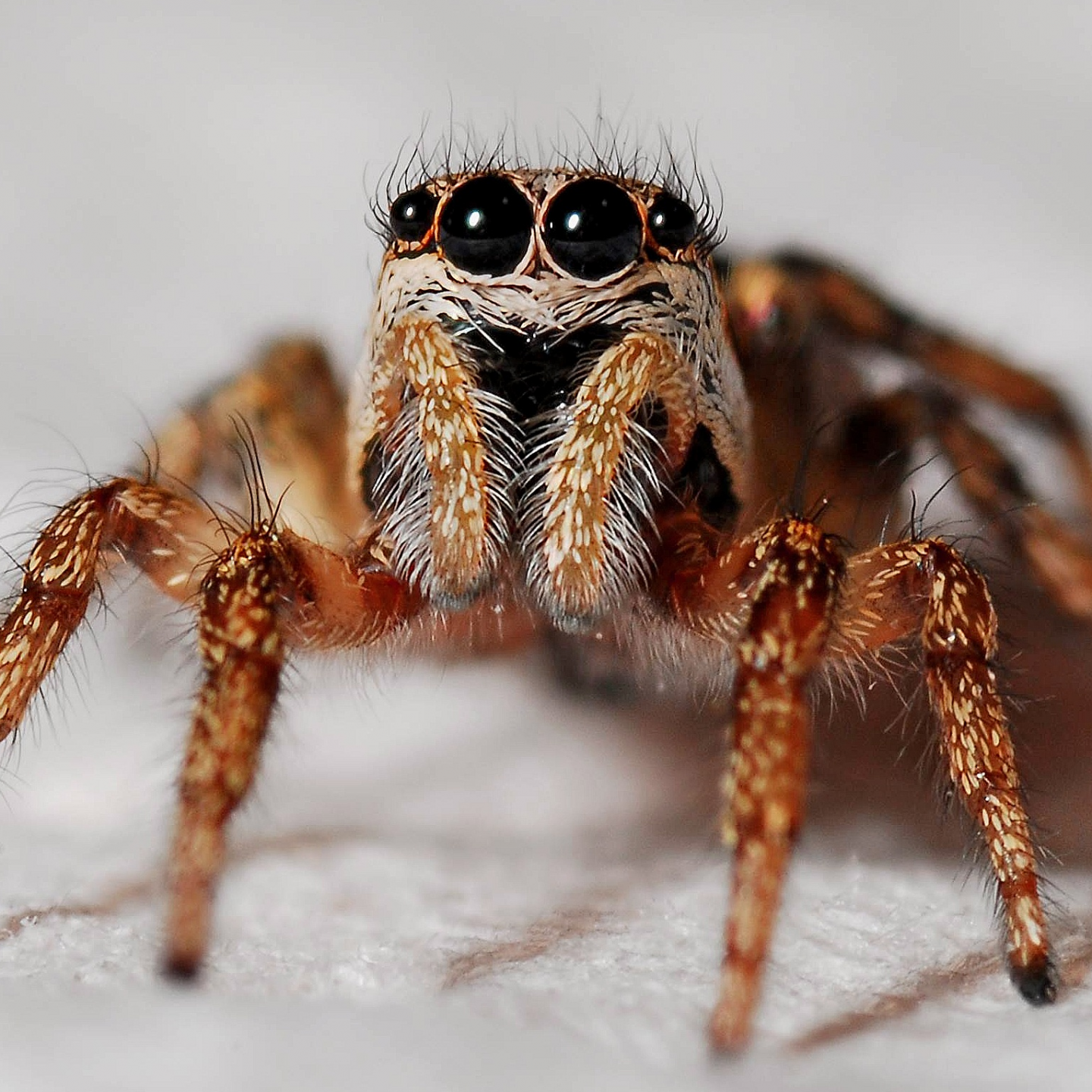Don't Allow the Itsy-Bitsy Spder to Make It's House Your Home
Call Us Today for Expert Spider Control in Goodlettsville, Nashville & Hendersonville, TN
There are few creatures on Earth that cause as much panic and fear as spiders. Whether rational or a phobia, a spider discovered nearby can cause grown adults to flee in a panic. Finding a spider in your home makes the panic even more personal.
There are two common categories of spiders: "House" and "Other" Spiders. The House Spiders are the ones you will discover have taken up residence in your home. These arachnids are typically brown and claim corners of your home, attic, or garage. You may find deserted webs around your property, and we suggest removing these to discourage a new tenant from claiming it. Spiders come into your home via holes and cracks around doors or windows. They are drawn to the home by hunting other pests on the property. We suggest swapping all outside lights to yellow bulbs to limit the amount of flying insects at your door. If you see a spider in your home, you can bet that there are other pest concerns. On the flip side, eliminating bugs from your property can prevemt these 8-legged creatures from coming into your home to hunt.
Quick treatment is necessary to prevent these House Spiders from reproducing (which can be up to 1600 eggs).
The "Other" category of spiders includes the ones of nightmares. Arachnids such as black widows, tarantulas, funnel web spiders, and wolf spiders might also desire to make themselves at home. The brown recluse, with all its anecdotes, is probably the most feared. These spiders are menacing- whether from just their appearance or the fear of a bite. Some of the scary spiders may be harmless (tarantulas are not dangerous, for example) but can be unnerving nonetheless.
If you spot a spider, call Total Pest Solutions, LLC today to book your spider control service.
How to Recognize Spiders:
We all know that spiders have eight legs and many eyes. Some are large and move slowly while others are small and unnervingly quick. Most spiders are predators, preying on insects and on other spiders, although a few large species also take birds and lizards. Spiders use a wide range of strategies to capture prey: trapping it in sticky webs, lassoing it with sticky bolas, mimicking the prey to avoid detection, or running it down. Most detect prey mainly by sensing vibrations, but the active hunters have acute vision.
Spiders' guts are too narrow to take solids, so they liquefy their food by flooding it with digestive enzymes. To avoid being eaten by the females, which are typically much larger, male spiders identify themselves to potential mates by a variety of complex courtship rituals. Males of most species survive a few matings, limited mainly by their short life spans. Females weave silk egg-cases, each of which may contain hundreds of eggs.

